What Is The Best Age for a Child to Learn Coding?

Table of content
Introduction
Ages 5-7: Playful Beginnings
Ages 8-12: Building Blocks
Ages 13-15: Stepping Up
Ages 16 and Up: It’s Never Too Late
Why Learn Coding at Any Age?
What If You Start Young?
What If You Start Later?
Coding Is for Everyone
Conclusion
FAQs
Introduction
Coding is no longer just a skill for tech experts—it’s becoming a must-have for everyone. Think of it as learning a new language, but instead of words, you’re learning commands and logic. Many parents wonder, “What’s the best age for my child to start learning coding?” The answer is simple: there’s no perfect age. Whether your child is 5 or 15, coding can be introduced at any stage.
Many schools in Bangalore have already added coding to their curriculum in schools. Starting early gives kids more time to explore, but the benefits are just as great even if they start later.
Ages 5-7: Playful Beginnings
Children between the ages of 5 and 7 are naturally curious and love to play. This is the perfect time to introduce them to coding in a fun and engaging way. Start with simple games or apps where kids can move characters by giving basic commands. They might not even realize they’re learning to code—they’re just having fun!
At this stage, the focus is on sparking interest and helping kids get comfortable with basic ideas like sequences and patterns. For example, games like “Lightbot” or “ScratchJr” let kids solve puzzles by dragging and dropping commands. It’s all about playful learning and building a foundation for future skills.
Ages 8-12: Building Blocks
By the time kids reach 8-12 years old, they’re ready for something a bit more structured. This is where block-based coding comes in. Platforms like Scratch or Blockly use colourful blocks that kids can drag and drop to create games, animations, or stories.
This type of coding is visual and interactive, making it easy for kids to understand how commands work together. They start to see the connection between their actions and the results on the screen. It’s still fun and creative but also introduces them to more complex ideas like loops and conditionals. Many schools in Yelahanka use these tools to make coding engaging and accessible for young learners.
Ages 13-15: Stepping Up
When kids hit their teenage years, they’re ready to take coding to the next level. This is the time to introduce them to real programming languages like Python or JavaScript. These languages are beginner-friendly but powerful enough to create real-world projects.
At this age, teens can start building websites, designing games, or even automating simple tasks. Many of the best schools in Yelahanka encourage students to join coding clubs or participate in competitions. This helps them refine their skills and boosts their confidence and creativity. It’s a great way to prepare them for future coding career opportunities.
Ages 16 and Up: It’s Never Too Late
If your child is 16 or older and hasn’t started coding yet, don’t worry—it’s never too late to begin. Many people discover coding in their late teens or even as adults. With so many online courses, tutorials, and coding boot camps available, learning to code has never been easier.
At this stage, teens can focus on what interests them most: web development, app design, or data analysis. Coding can open doors to many opportunities, from building a personal project to starting a new career. The key is to start at their own pace and explore what excites them.
Why Learn Coding at Any Age?
Coding isn’t just for tech enthusiasts—it’s a valuable skill for everyone. Here’s why:
- Problem-Solving: Coding teaches kids to break down complex problems into smaller, manageable steps.
- Creativity: It gives them the tools to bring their ideas to life, whether a game, an app, or a website.
- Logical Thinking: Coding sharpens their ability to think clearly and logically.
- Career Opportunities: Coding skills for career growth are in high demand across various industries.
- Confidence: Completing a coding project gives kids a sense of accomplishment and boosts their self-esteem.
Also Read: The Role of AI in Shaping the Future of Education and Learning
What If You Start Young?
Starting early has its advantages. Kids have the time to experiment, make mistakes, and learn at their own pace. They also develop skills like critical thinking, math, and logic, which are useful in school and beyond. Plus, coding encourages creativity—kids can build projects they’re passionate about, from simple games to interactive stories.
What If You Start Later?
Starting later in life also has its perks. Older learners often have a clearer idea of what they want to achieve with coding, whether advancing their career, starting a side project, or simply exploring a new hobby. With access to a wealth of online resources and supportive communities, learning to code as an adult is convenient and rewarding.
Coding Is for Everyone
Coding isn’t just for tech professionals—it’s a skill that can benefit anyone, regardless of their field. Whether you’re a designer, marketer, teacher, or entrepreneur, coding can help you think differently and solve problems more effectively. It’s also a lot of fun! There’s something incredibly satisfying about turning an idea into reality and sharing it with the world.
Conclusion
Ultimately, the best age to learn coding is whenever your child is ready. They’ll have more time to explore and experiment if they start young. If they start later, they’ll bring their unique experiences and goals. Either way, coding is a skill that will serve them well throughout their life.
For more information or to discuss how coding can benefit your child, contact the team at NewAge World School, one of the best schools in Yelahanka. They’re always happy to help!
Frequently Asked Questions
How does coding help in problem-solving?
Coding teaches kids to break down problems into smaller steps and find logical solutions.
What are the best programming languages for beginners?
Python and JavaScript are great starting points for beginners.
Why should children learn coding?
Coding helps with problem-solving, creativity, and logical thinking and opens up coding career opportunities.
How can children start learning coding?
Start with fun games and apps for younger kids, then move to block-based coding and real programming languages as they grow.
What is the best age to learn coding?
There’s no perfect age—kids can start as early as five or begin as teenagers. It’s all about their interest and readiness.



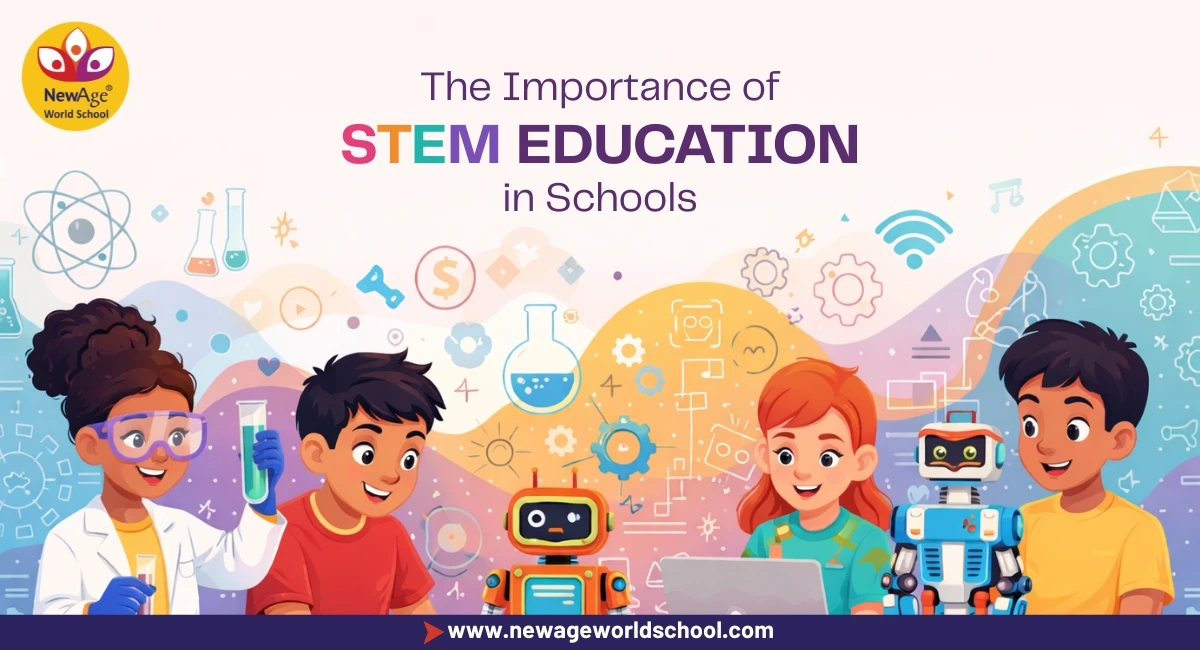

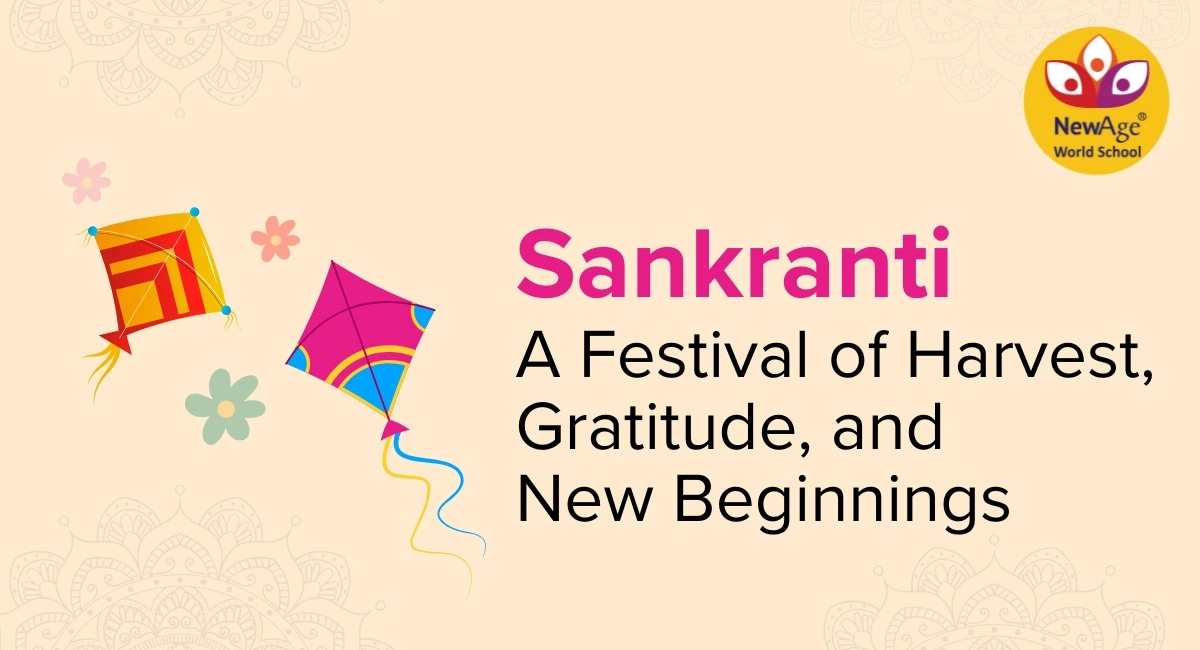
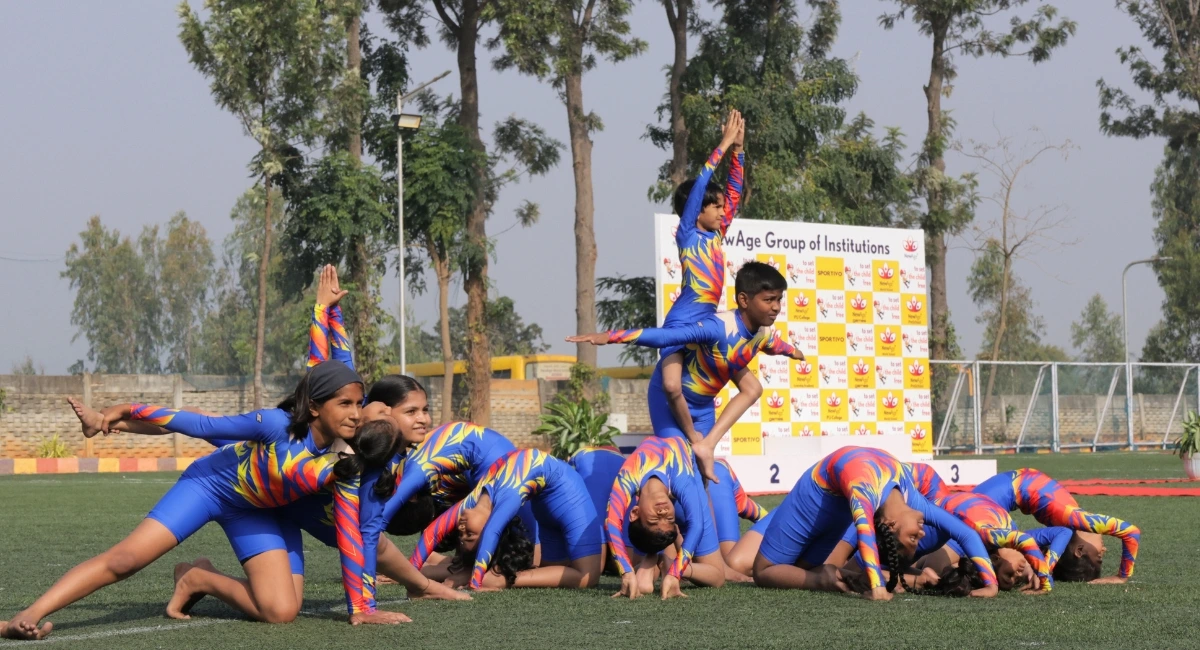



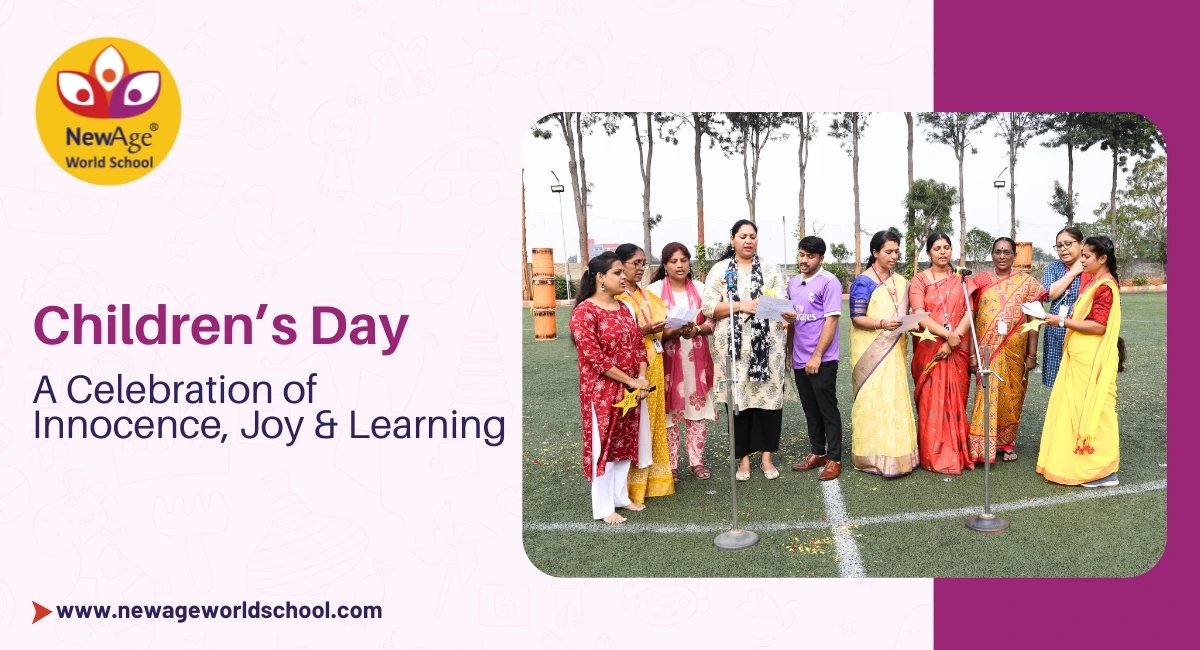
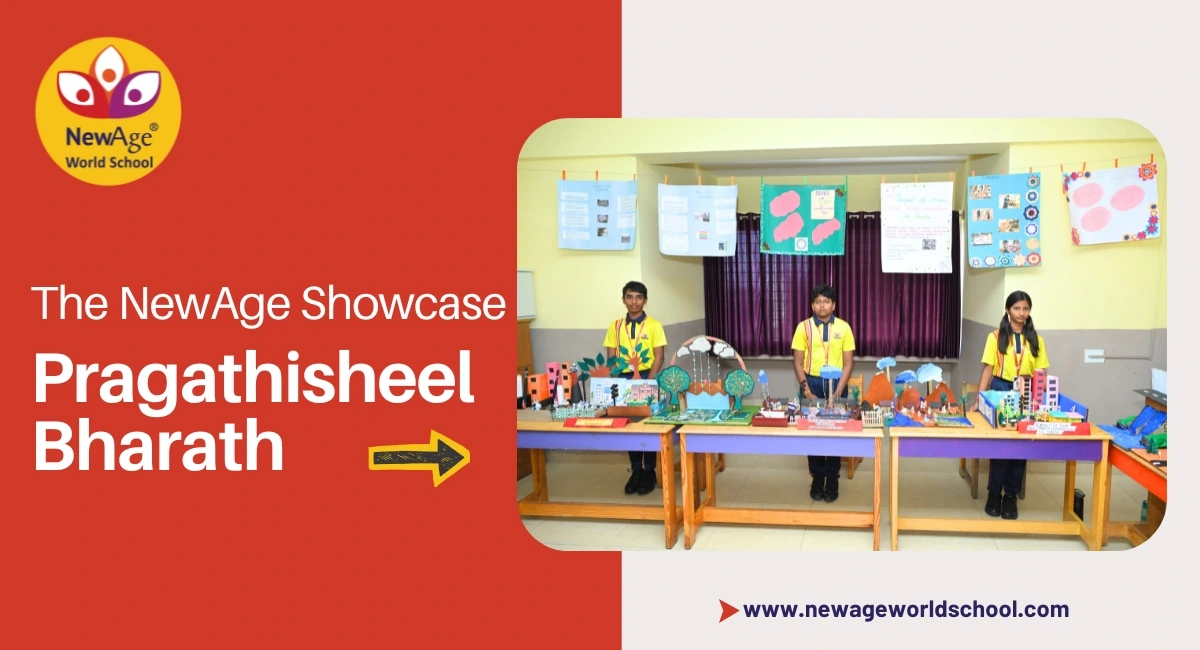





Leave a Reply
Your email address will not be published. Required fields are marked *
Comments
No comments available